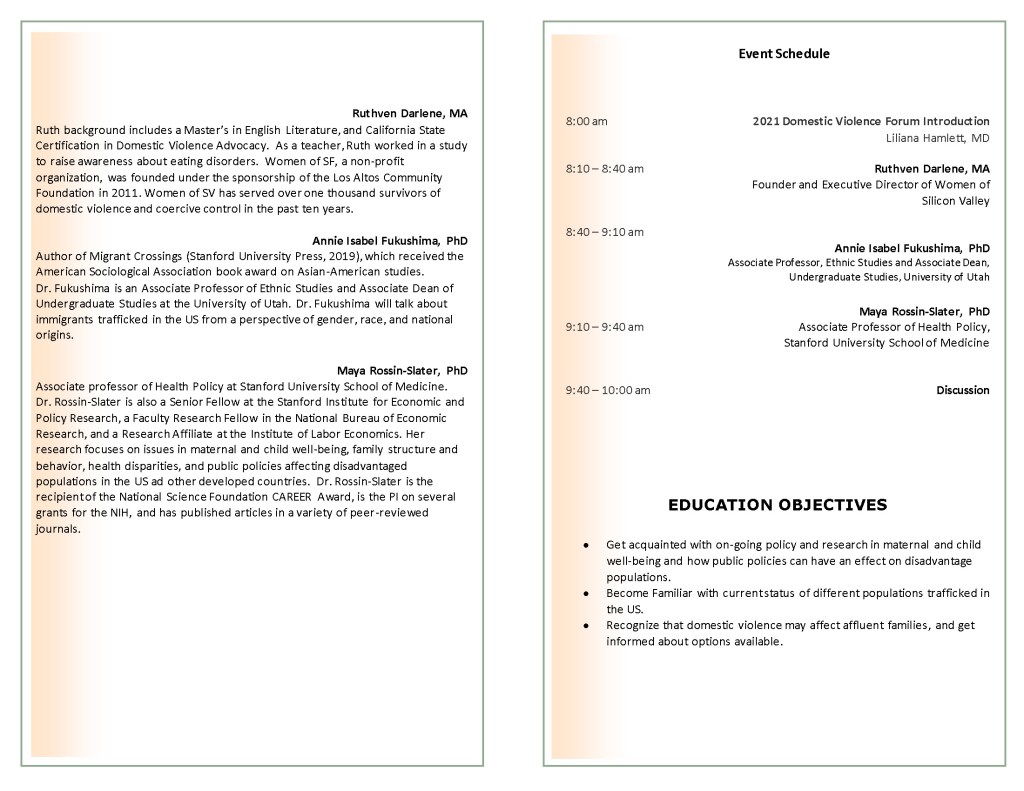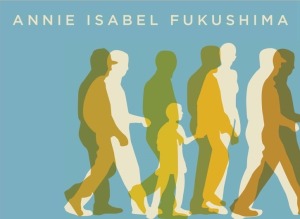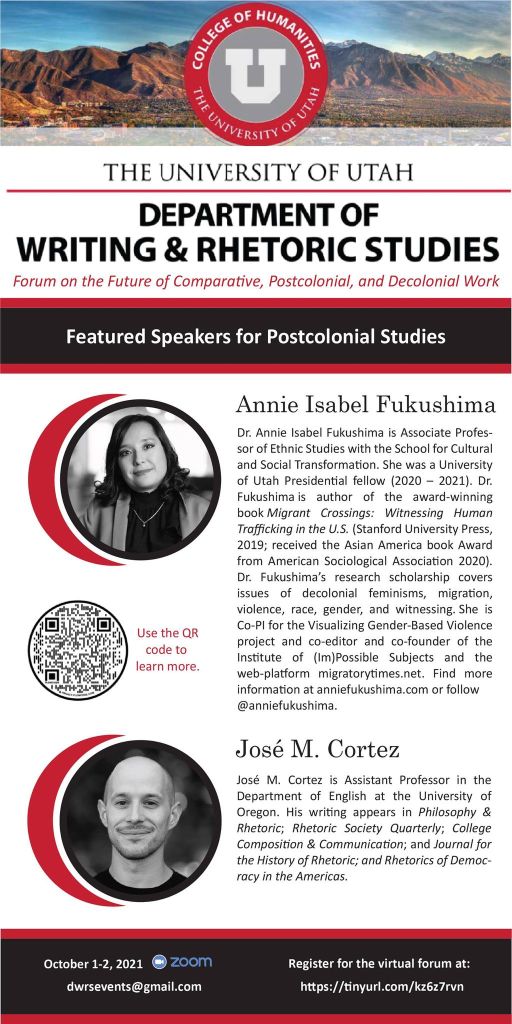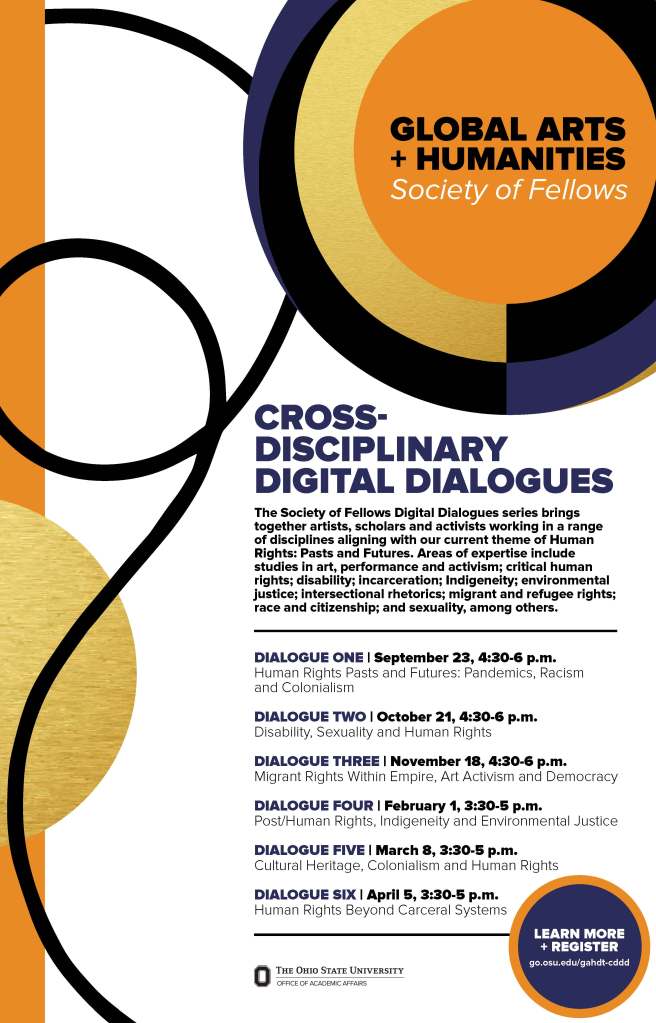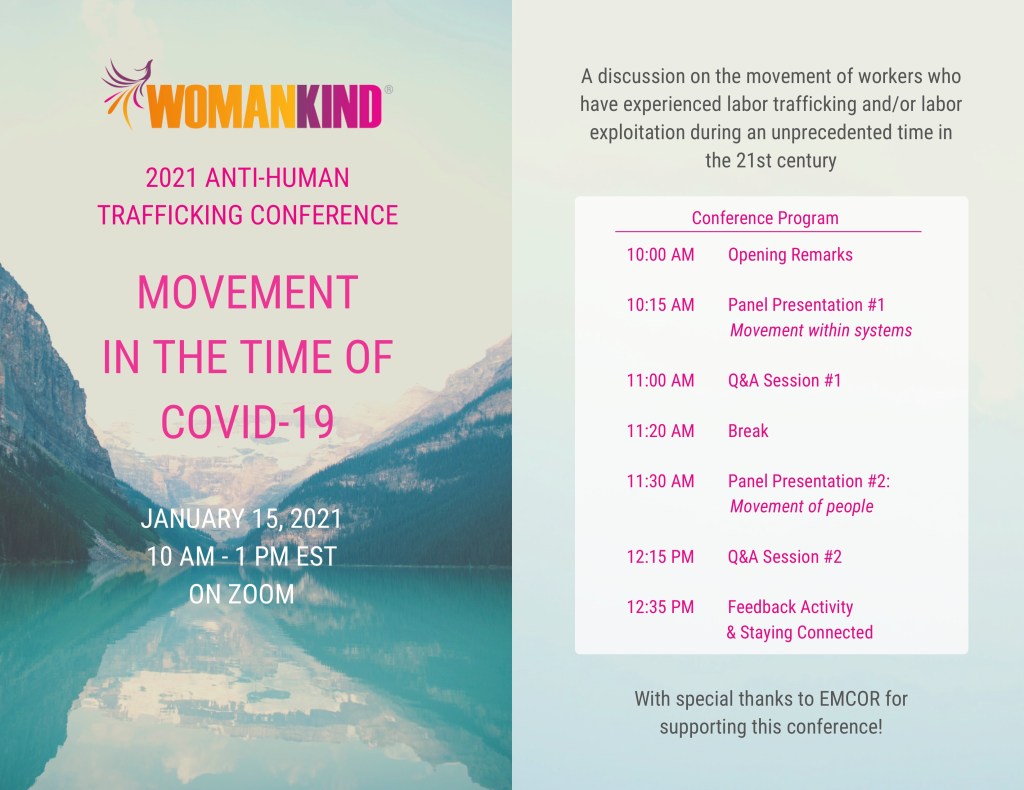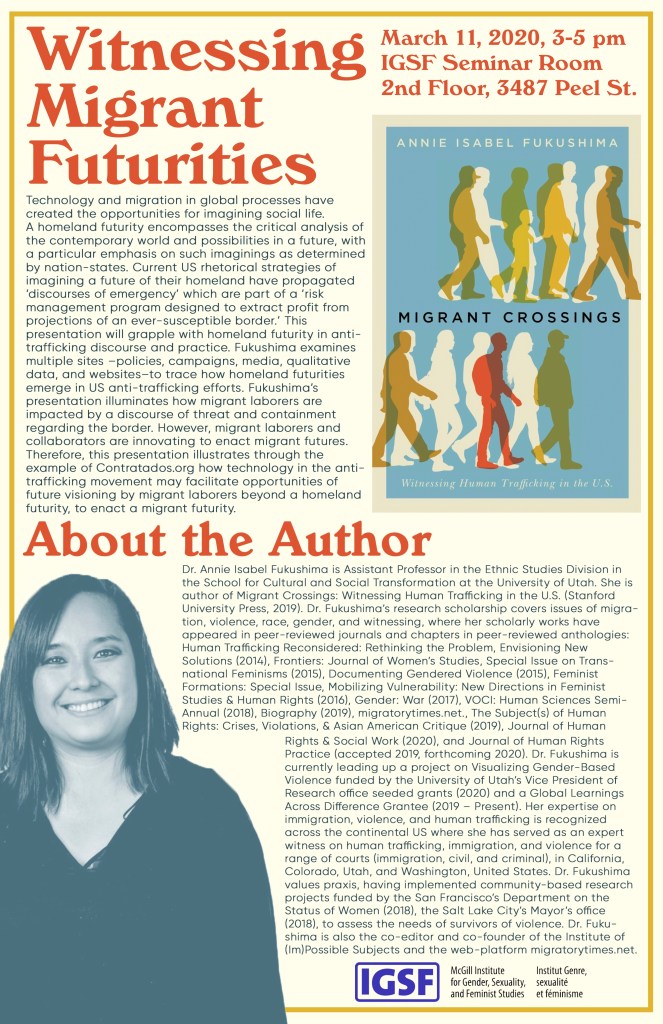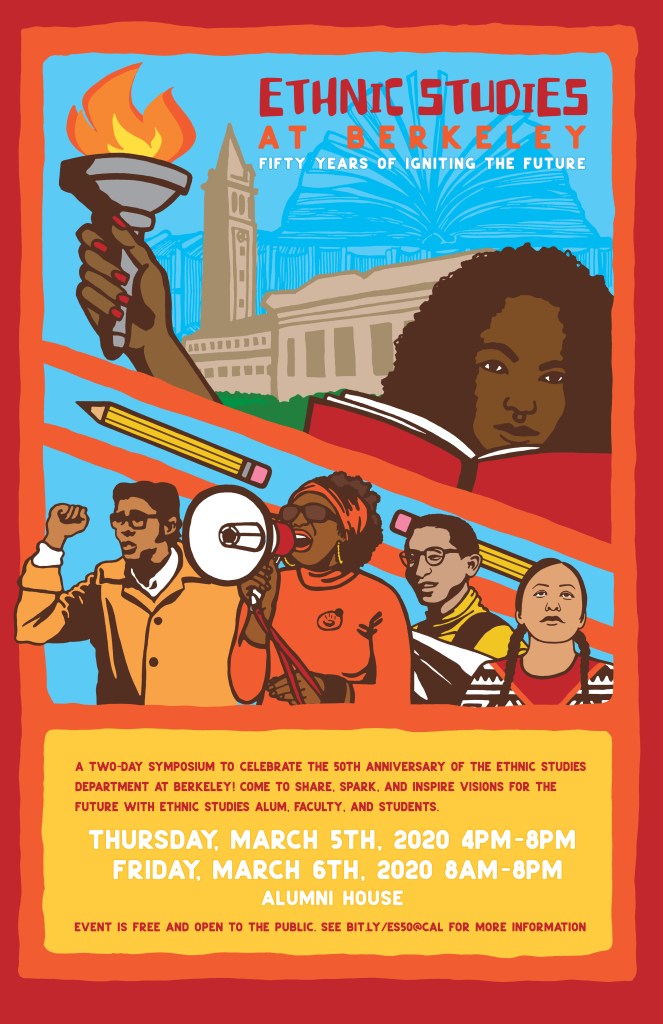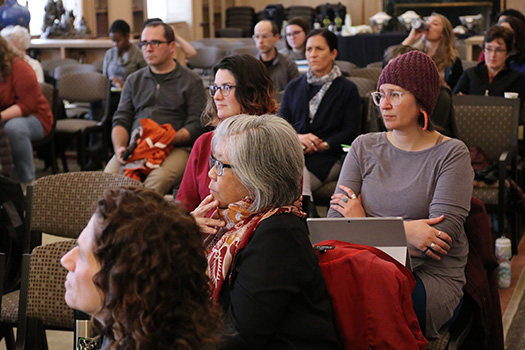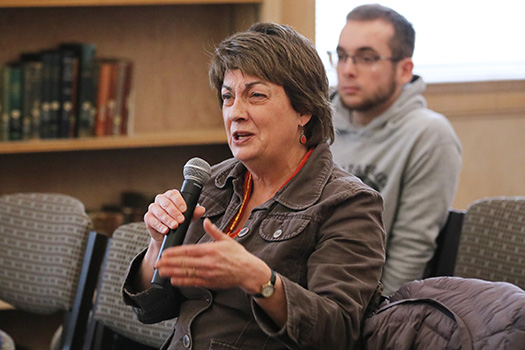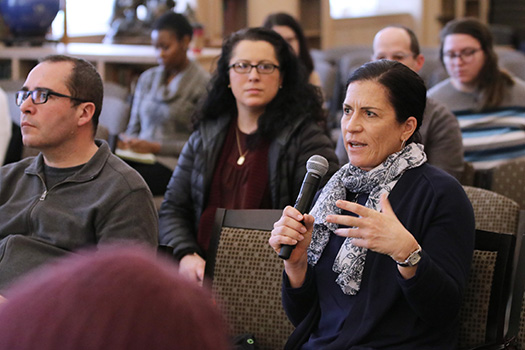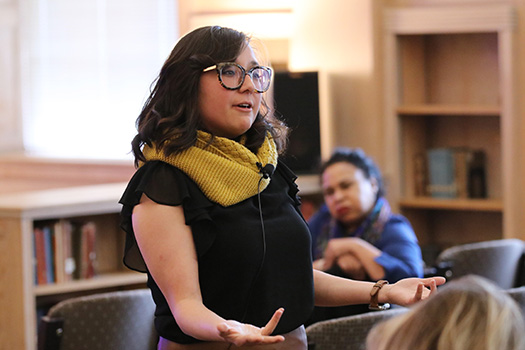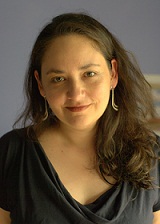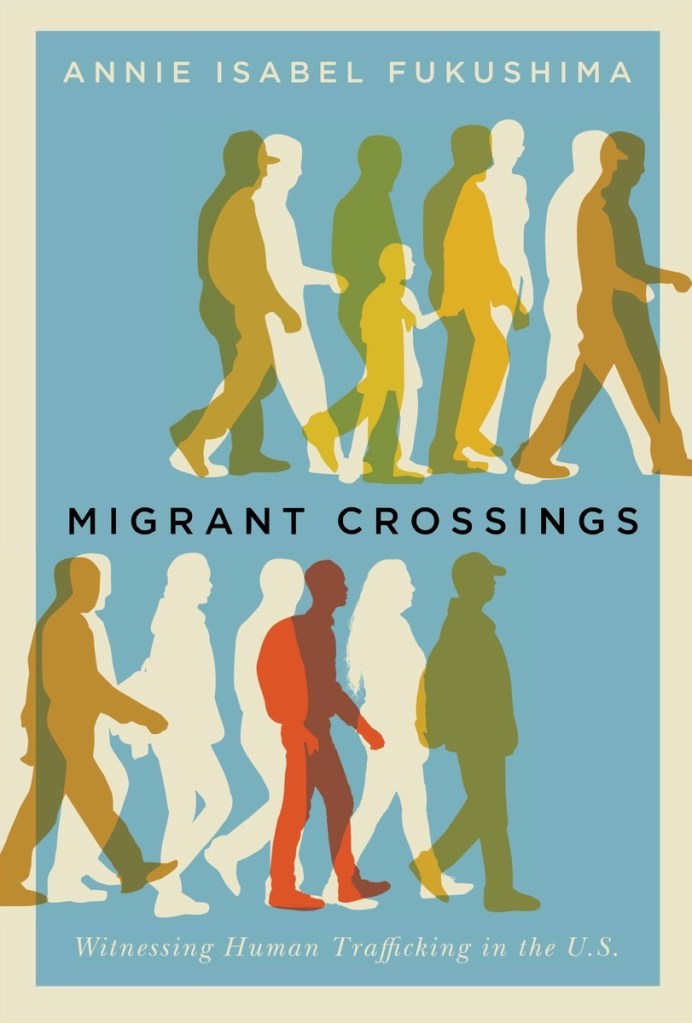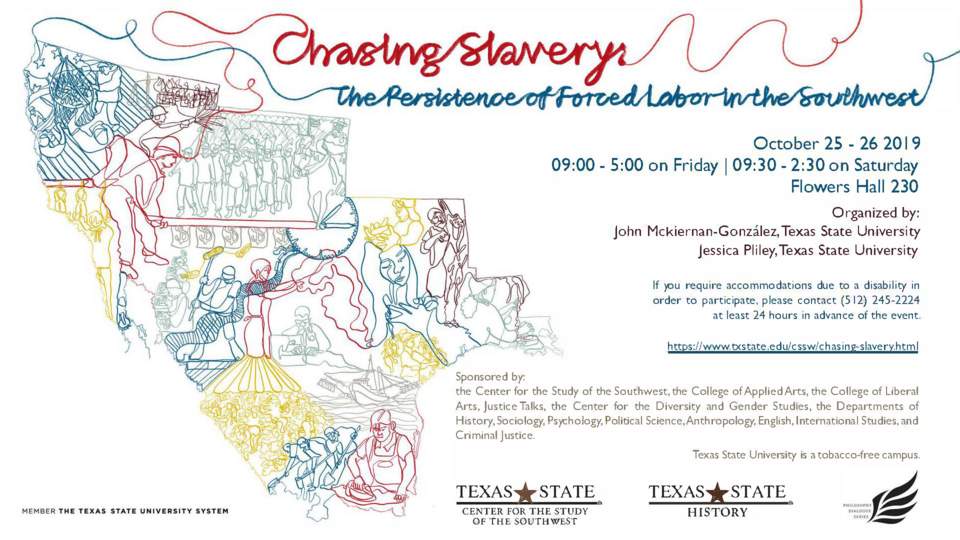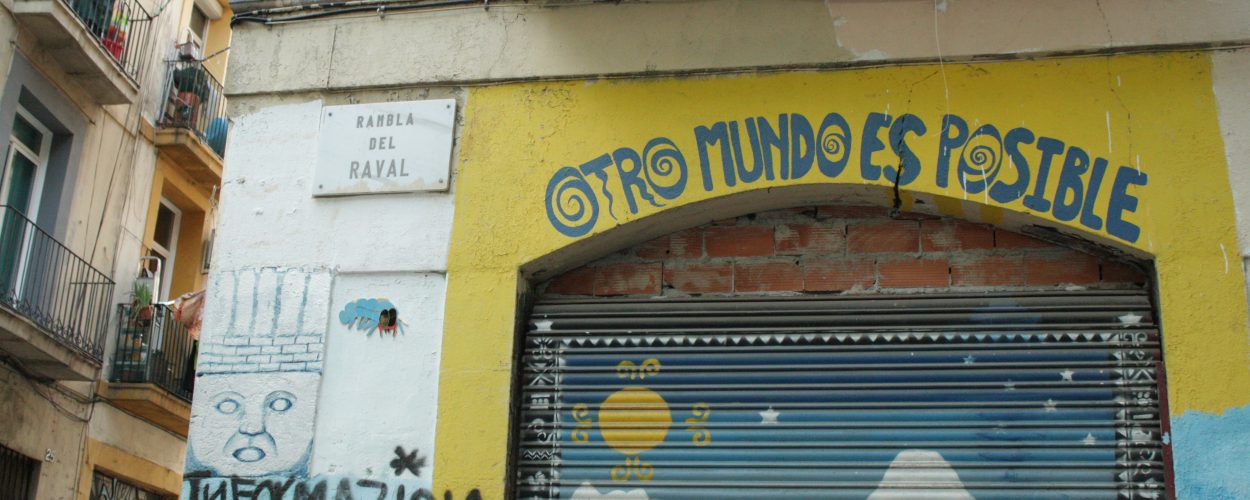FRIDAY, April 21
3:00 – 4:00 p.m. CHECK-IN
4:00 – 5:30 p.m. KEYNOTE PANEL
Impact of Militarization and Migration on Indigenous Communities
Moderator: Professor Erin Suzuki, Literature, UC San Diego
Keynote speakers: Professor Perse Hooper Lewis and Dr. Kalamaoka’ina Niheu
Professor Perse Hooper Lewis is a citizen of the Yomba Band of Shoshone Indians, located in the beautiful mountains of central Nevada. A settler to San Diego, she has spent her career serving the local tribal and urban communities on a variety of issues related to education, health, community development, and culture. A proponent of sovereignty and self-determination, Perse works with Indian-serving nonprofits and tribes to ensure program design, implementation, and evaluation reflect the needs and strengths of the community. In addition to her consulting duties, she holds a full-time position at the University of San Diego as the Tribal Liaison and a Professor of Practice in the Ethnic Studies Department.
Dr. Kalamaoka’ina Niheu, MD is a co-founder and convener for `Aha Aloha. She is a founding member and Kauka (Physician) for Onipa`a; Hui Kalo, the Hawai`i wide traditional taro farmer’s association, a Medical Officer in the Polynesian Voyaging Society Hokule`a, a Board Member of `Ahahui o; Kauka, and has served as Hawai`i Representative to the United Nations as a member of the Pacific Caucus. As one of approximately 800 Indigenous Peoples who gathered in Alta, Norway in 2013 she helped craft the Alta Outcome Document as an extension of the United Nations Declaration on the Rights of Indigenous Peoples. Her published works include “Pu`uhonua: Sanctuary and Struggle at Makua, Hawai`i” and “The Effect of the Military on the Health of Native Hawaiians.”
6:00 – 7:30 p.m. DINNER and COMMUNITY PANEL
Community Panel: A panel with recently resettled refugees from Syria, Sudan, and the Congo
7:30 – 9:00 p.m. COMMUNITY HOUR/BAZAAR
“African Band with Dance Kings and Queens.” A 15-minute performance by the local Congolese choir and dance troupe
Tabling with local community organizations, artisans, craft-makers, and UCSD undergraduates.
SATURDAY, April 22
9:00 – 10:00 a.m. CHECK IN
10:00 – 11:30 a.m. CONFERENCE PAPER PRESENTATIONS – SESSION 1
Panel 1. Militarized Citizenship
Joining the Military as Migration: Indigenous Soldiers in the Mexican Military, Ivan Sandoval-Cervantes, Sociology and Anthropology, University of Texas at El Paso
The Local Imaginaries Leading to Militarized Youth, Heather Rae-Espinoza, Department of Human Development, Cal State Long Beach
Divergent Paths towards Militarized Citizenship: Korean International Male Students’ Military Service in S Korea and in the US in their Pursuit of Mobility and Citizenship, Hee Jung, Migration and Social-Integration Research Center, Konkuk University; and Ga Young, Education Policy Studies, University of Illinois, Urbana-Champaign
Every Breath You Take: Asbestosis, the U.S. Navy, & The Militarization of Chamoru Diasporic Bodies, Antoinette Charfauros McDaniel, Independent Scholar
Discussant: Simeon Man, History, UCSD
Panel 2. Feminist Epistemologies and Everyday Survival
Marching Beggars: Militarism and Social Welfare in U.S.-Occupied Okinawa, Asako Masubushi, Department of East Asian Studies, University of Toronto
Because Food is the Essence of the Everyday; or, the Palestinian Hearth and Everyday Survival, Lila Sharif, Asian American Studies, University of Illinois, Urbana-Champaign
Migratory Times: Militarisms, Displacements & Death Worlds, Annie Fukushima, Ethnic Studies, University of Utah
Thug Love and Arab-Region Militarism: The Affective Logic of Migrating Investors and Megaprojects, Paul Amar, Global Studies, UC Santa Barbara
Discussant: Kamala Visweswaran, Ethnic Studies, UCSD
Panel 3. Refugeetude, Labor, and Citizenship
The Latinization of Los Angeles, Central American Refugees, and Identity, Alexis Meza, History, UC San Diego
Race, Nation, and the Immigration of Korean War Adoptees, Susie Woo, American Studies, California State University, Fullerton
Refugeetude: When Does a Refugee Stop Being a Refugee, Vinh Nguyen, Department of Culture and Language Studies, University of Waterloo
Imagining Inhumanity and North Korea: Emotional Citizenship in Paul Yoon’s Snow Hunters, Joseph Han, Department of English, University of Hawaii at Manoa
Discussant: Anita Casavantes Bradford, Chicano/Latino Studies & History, UC Irvine
Panel 4. Colonial Violence, Militarism, and Mobility
Rehabilitating the Golden Triangle: The Long Strive to Move From a Drug-Based Economy to New Forms of Neoliberal Development, Josto Luzzu, Department of Gender and Cultural Studies, University of Sydney
Time and Haste in Differentiation of Settler/Native Mobilities in North America, Carrie Alexander, History, UC Davis
Permissible Militancy and Racialized Hierarchy: Diasporic Korean Militarism and the Nebraska Youth Military Academy, 1908-1914, Youngoh Jung, History, UC San Diego
Nicaragua was Spanish for Palestine: Israeli Covert Arms and Counterinsurgency for the Contras, 1978-1985, Gavriel Cutipa-Zorn, American Studies, Yale University
Discussant: Victor Bascara, Asian American Studies, UCLA
Panel 5. Military Technologies, Counterinsurgency, and Cyber Resistance
Tracking Mobility: Techno-Paranoia and Benevolent Dictatorships, Christopher Patterson, Humanities and Creative Writing, Hong Kong Baptist University
Economy of Excess: The Value of Military Waste Materials, Davorn Sisavath, Anthropology and Asian American Studies, California State University, Fresno
Militarized Sexuality: Queer Fantasies, Slash Fiction, and Cyber Resistance, Keva Bui, Department of English, Dartmouth
Creating ‘Positive Peace’ in the ‘Pivoting Pacific, Sylvia Frain, Peace & Conflict Studies, University of Otago/ Te Whare Wānanga Otāgo, Dunedin/ Otepoti, Aotearoa New Zealand
Discussant: Charles Thorpe, Sociology, UCSD
Panel 6. Militarization, Securitization, and Border Imaginaries
Migrating Islands and Reframing Environmental Refuge(e)s, Olivia Quintanilla, Ethnic Studies, UCSD
Urban Security Regimes and Border Militarization in Southern Mexico: Preliminary Findings from Tapachula, Chiapas, Krys Mendez Ramirez, Ethnic Studies, UCSD
La Leyenda Negra: Racial Imaginaries of Haiti and the US/Mexico Border, Katherine Steelman, Ethnic Studies, UCSD
The 4.3 Massacres, Anti-Base Activism in Jeju, and the Haunting Metaphor, Esther Choi, Ethnic Studies, UCSD
Discussant: David Pedersen, Anthropology, UCSD
12:00 – 2:00 p.m. LUNCH and WALKING TOUR.
City Heights has become a hub for the resettlement of refugees from around the world, from Vietnam to Somalia to Iraq. Take this hour-long walking tour to learn about the history of refugee resettlement in the city.
2:30 – 4:00 p.m. CONFERENCE PAPER PRESENTATIONS – SESSION 2
Panel 7. Comparative Settler Colonialisms, Subimperialisms, and Refugees
Racialized Encounters: Vietnamese Refugees and Native Chamorros on Post-1975 Guam, Evyn Le Espiritu, Rhetoric, UC Berkeley
Decolonization and Subimperialism: Okinawa Postwar Emigration to Latin America, Symbol Lai, History, University of Washington
Asian Settler Colonialism: Resettlement of Vietnamese Refugees on Tongva Land, Saramosing Demiliza and Tiffany Tran, Asian American Studies, UCLA
Cultural Formations of Uchinanchu and Shima On the Move, Ayano Ginoza, Asian Studies, University of Redlands
Discussant: Daphne Taylor-Garcia, Ethnic Studies, UCSD
Panel 8. Queer(ing) Refugees and Militarized and Heteronormative Kinship
From Destruction and Flight among Queer-Identified Syrian Refugees, Sofian Merabet, Department of Anthropology, UT Austin
That Childhood Fantasy of Returning to My Family’: Migration and Queer Kinship in Transnational Korean Adoption Narratives, S Moon Cassinelli, Department of English, University of Illinois at Urbana-Champaign
Militarized Kinship: Black women, surveillance and place-making in San Diego, Christina Carney, Department of Women’s & Gender Studies and Department of Black Studies, University of Missouri
The Transnational Legacy of Sexual Enslavement and Militarized Heteronormativity in Fox Girl, Sam Ikehara, Department of English, University of Hawai‘i at Mānoa
Discussant: Jillian Hernandez, Ethnic Studies, UCSD
Panel 9. War Trauma and Memories Across Generations
Trauma Through the Generations: Education, Identity, and Resilience Amidst Social Violence, Yvonne Kwan, Sociology, Dartmouth
The Search for Healing in Lan Cao’s The Lotus and the Storm, Jeff Gibbons, Department of English and Philosophy, US Military Academy, West Point
“You’re Korean, Don’t You Care About Your Own People?”: The Korean Diaspora Politics of LiNK’s “People Over Politics” Campaign. Lisa Ho, Ethnic Studies, UCSD
Medicating Trauma: Dis-ease and Contested Medicinal Care in Mukherjee’s “Fathering,” Catherine Nguyen, Comparative Literature, UCLA
Discussant: Khatharya Um, Asian American Studies, UC Berkeley
Panel 10. Militarism and Migration in the Postwar City
How Do Refugees Not See Race?”- SF East Bay Refugee Perspectives on Race, War, and Migration, Jennifer KA Tran, American Studies and Ethnicity, University of Southern California
Militarized Settlement and Refuge in Albuquerque, New Mexico (1940s-1970s), Christina Juhasz-Wood, Women’s Studies, University of New Mexico
Phục Quốc: Vietnamese Exile Politics After the Fall of Saigon, Y. Nguyen, Sociology, Northwestern University
Militarized Miami: Counterinsurgency and the Refugee City, Emma Shaw Crane, Department of Social and Cultural Analysis, NYU
Discussant: Kirstie Dorr, Ethnic Studies, UCSD
Panel 11. Policing Migrants Under Neoliberalism
The Legacy of Reagan’s Cold War on Immigrants: Immigration Detention and the Power of Storytelling, Kristina Shull, History, UC Irvine
Debt: Peonage, Payments, Poetics, Calvin Walds, Literature, UC San Diego
Italian colonial expansion and the Criminalization of Migration in the Mediterranean Sea, Maysam Taher, Middle Eastern Studies, NYU
Dead on Arrival: Mexican and Central American Asylum Claims in the Age of Authoritarian Neoliberalism, Alfonso Gonzales, Ethnic Studies, UCR
Discussant: Nigel Hatton, Literature, UC Merced
Panel 12. Settler Colonial Visuality, Digital Activism and Decolonial Epistemologies
Digital Repositories and Social Reproduction: Gendered Publics and Ongoing Resistance in Palestine, Rana Sharif, Department of Gender Studies, UCLA
Perceiving Otherwise: Settler Colonial Visuality & Re-encountering Kimsooja’s An Album: Sewing into Borderlines, Crystal Baik, Department of Ethnic Studies, UCR
Donald Trump’s Wet Dream: The Frontrera Film Noir Landscape of Alex Rivera’s Sleep Dealer (2008), Felipe Quintanilla, Department of Spanish & Linguistics, Franklin & Marshall College
Multimedia Submission – Images at the Border, Justin De Leon, Lizeth Maria Ruiz-Herrejon, and Jessica Garcia, Ethnic Studies, UCSD
Discussant: Lan Duong, Dept. of Media and Cultural Studies, UC Riverside
4:00 – 5:30 p.m. BREAK
5:30 – 6:30 p.m. DINNER
6:30 – 7:00 p.m. Film Screening: Nứớc (Water/Homeland) by Quyên Nguyen-Le
Set in the California drought, Nứớc is a six-minute experimental film about a Vietnamese American teen who attempts to piece together and understand their mom’s experience as a Vietnam War refugee. (Q&A with filmmaker after screening)
7:00 – 9:30 p.m. INTERACTIVE ART & ACTIVISM WORKSHOP with GABRIELA Los Angeles (Alliance of Filipina Women)
Building Solidarity & Resistance Against U.S. Militarism & Forced Migration Through People’s Art
Movements unleash the creativity and vibrancy of people’s struggles. Join this interactive workshop on how U.S. militarism and forced migration impacts Filipina women, children, and indigenous peoples. Participants will learn the art of stenciling posters and have the opportunity to choose pre-designed stencils or create their own designs.
GABRIELA is a grassroots organization and alliance of Filipina women founded in 1984 in the Philippines. GABRIELA Los Angeles is a member organization of the first overseas chapter GABRIELA-USA. They aim to educate, organize, and mobilize Filipino women to fight for their rights and welfare through education, organizing, campaigns, cultural art, and collective action. GABRIELA recognizes that the issues Filipino women face across the globe are rooted in the Philippines and works together to advance the movement for national liberation and genuine democracy in the Philippines.
SUNDAY, April 23
10:00 -11:30 a.m. PANEL WITH HIGH SCHOOL STUDENT ACTIVISTS: “Take Back Our Education.”
Panelists:
Maridel “Da” Andrada — Anakbayan San Diego. Anakbayan is a comprehensive national democratic mass organization of Filipino youth and students from all walks of life who are fighting for national democracy, social justice, and equality in the Philippines and around the world.
Melissa Castañeda – Las Fotos Project, Tijuana. Las Fotos Project is a community-based photography program whose mission is to bring about positive change for teenage girls facing adversity. It provides a creative outlet for students, encouraging them to express their artistic talents and explore their imagination.
12:00 – 1:30 p.m. LUNCHEON WITH LOCAL REFUGEE & IMMIGRANT GROUPS/ORGANIZATIONS
The goal of the luncheon is to share stories, cultivate new relationships between community members, and forge partnership between local groups with faculty and students at UCSD.
